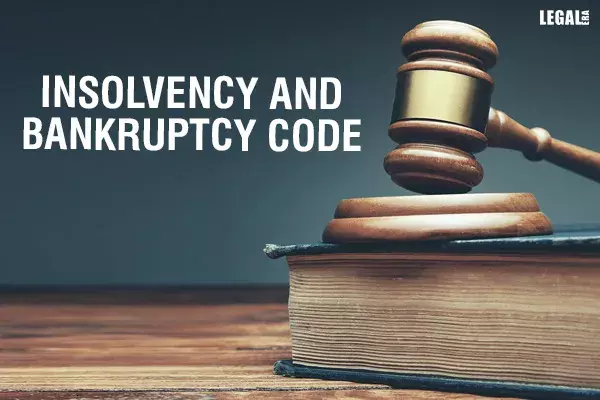Madras High Court Upholds Key Provisions of Insolvency and Bankruptcy Code
The Madras High Court recently delivered a verdict upholding the authority of regulatory bodies overseeing insolvency;

Madras High Court Upholds Key Provisions of Insolvency and Bankruptcy Code
The Madras High Court recently delivered a verdict upholding the authority of regulatory bodies overseeing insolvency professionals, dismissing challenges to a key provision of the Insolvency and Bankruptcy Code (IBC) and a related regulation.
Chief Justice SV Gangapurwala and Justice Bharatha Chakravarthy rejected arguments by Venkata Sivakumar, a Chartered Accountant, who contested the constitutionality of Section 204 of the IBC and Regulation 23A of the Insolvency Bankruptcy Board of India (IBBI) regulations. His primary concerns revolved around potential "double jeopardy" arising from oversight by both the IBBI and the Insolvency Professional Agency (IPA), and the alleged granting of "unbridled" power to these agencies.
The Court, however, underscored the existence of checks and balances within the regulations and bylaws, ensuring that the dual oversight structure did not translate to arbitrary action. They clarified that Section 204 merely acted as an "enabling provision" empowering the regulatory bodies, not granting them unfettered authority. Additionally, they distinguished between separate punishments for distinct charges, clarifying that even under criminal law, such scenarios wouldn't constitute double jeopardy.
The Court also found logic in suspending professionals during disciplinary proceedings (as stipulated in Regulation 23A) to preserve evidence and facilitate fair investigations. They deemed issuing a show-cause notice before suspension unnecessary, given the temporary nature of the measure.
Finally, they rejected arguments against Regulation 23A based on "twin tier control," referencing the principle of res judicata (preventing relitigation of settled issues) as a similar challenge had already been dismissed.
The arguments presented by Sivakumar included concerns about the duplication created by empowering both IBBI and IPA under Section 204, and the potential damage to professional careers and violation of fundamental rights due to the "unbridled" power granted under Regulation 23A.
IBBI and the Government countered these arguments, emphasizing the need for strengthened regulatory control to ensure ethical conduct by professionals. They also pointed out the flexibility allowed in economic legislation like the IBC, and that mere hardship could not be grounds to declare provisions unconstitutional.
The Madras High Court's verdict upheld the constitutionality of Section 204 and Regulation 23A, affirming the existing framework for monitoring the conduct of insolvency professionals through two regulatory bodies with built-in checks and balances.


